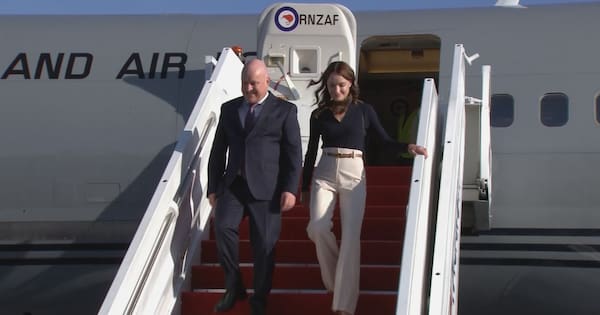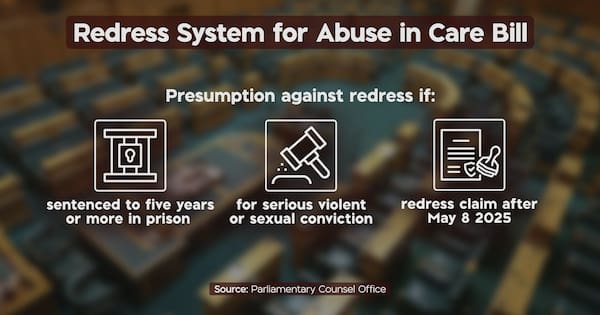A new report into the role that sport clubs play in New Zealand communities has highlighted the struggles they are facing to deliver sport.
The Stronger Communities Through Sport report comes off the back of seven years of research, drawing on findings from the National Sport Club Survey (NSCS), an initiative of the New Zealand Amateur Sport Association (NZASA) and Auckland University of Technology.
The report provides an insight into the shifting landscape of grassroots sport in New Zealand from 2018 to 2024 and NZASA chairperson Gordon Noble-Campbell said some of the findings were sobering.
Volunteer numbers have dropped by 28% since 2018, which is placing more pressure on clubs and coaches.
“And this is a real concern for everybody who is involved at the grassroots in helping to make sport happen for people in their local community and interested in making sure that kids have access to sport,” Noble-Campbell said.
Funding is a key issue, with 72% of clubs concerned about long-term financial sustainability, with many relying on just one or two core funders.
Noble-Campbell said revenue is reducing but costs continue to increase.
“Over the seven-year period there has been increasing concern around how community clubs make ends meet. Everybody knows it’s financially tough times and for clubs providing sport, just having access to financial resources to help pay for even the more basic operational costs like insurance on buildings and facilities and then being able to collect member subscriptions to help pay for some of these costs is a huge challenge.”
He said local authorities played an important role in helping facilitate community sport but they were passing more pressure onto clubs.
“The costs of utilising or accessing those facilities has continued to grow as councils have sought to bridge the gap with their own struggling finances by having people who have actually paid for the development of these facilities through their rates also then pay for their use and upkeep on an ongoing basis. The flow on effect of course is that clubs have to increase their membership fees, and that’s another obstacle to many families participating in sport.
“These sport clubs are the beating heart of our communities providing important social benefits, not only to sport.”
Noble-Campbell said it’s the most comprehensive report of its kind and should inform future policy, funding, and support across the sector.
The report also addresses under-representation in club leadership, emerging sponsorship strategies, and the need for inclusive access across all demographics.
Only 36% of clubs report gender-balanced governance, highlighting ongoing equity challenges.
It underscores the sector’s resilience with sport club membership rebounding by 12% since its pandemic low in 2021 and identifies areas of opportunity and innovation. For instance, 56% of clubs now have formal partnerships with schools, signalling closer alignment between education and community sport.
Climate resilience is emerging as a key theme, with nearly one in five clubs reporting disruption from extreme weather events in the past two years.
By Bridget Tunnicliffe of rnz.co.nz












